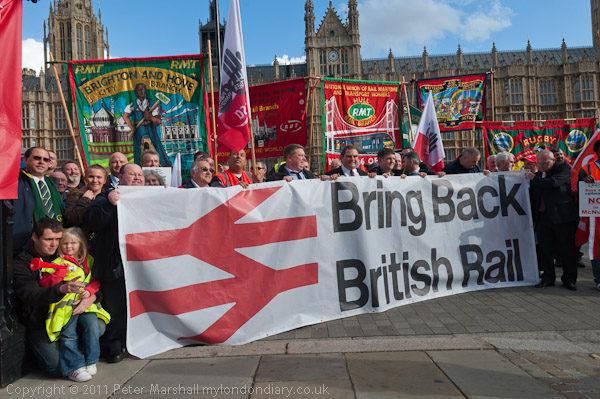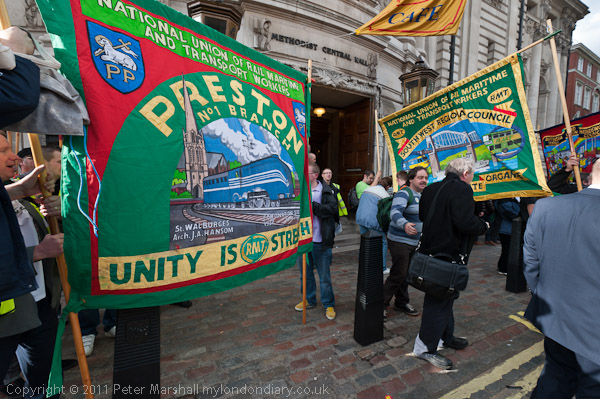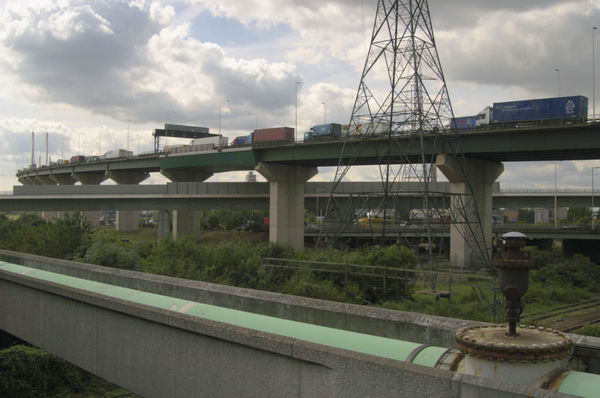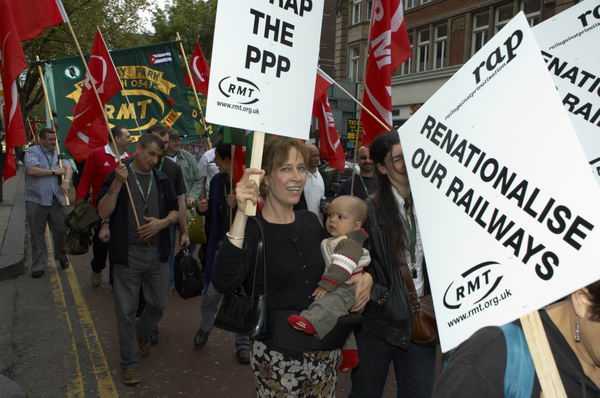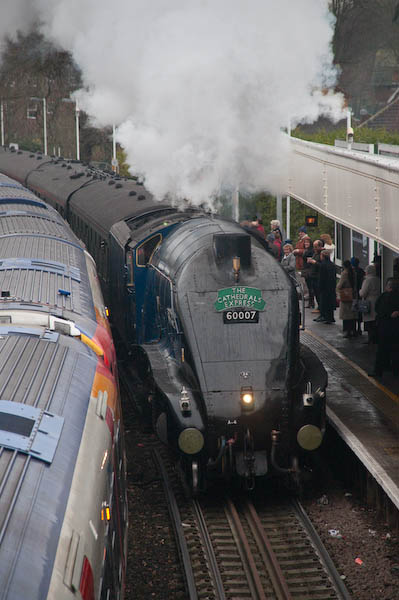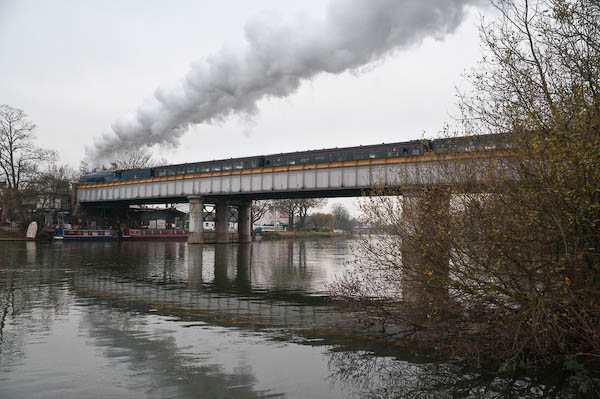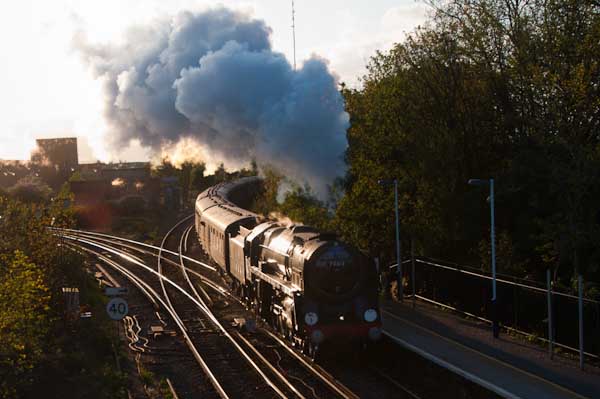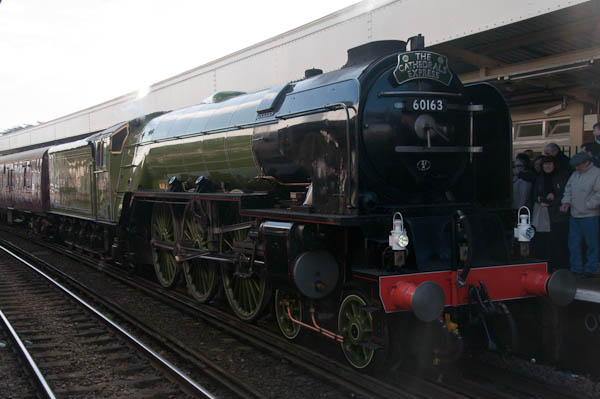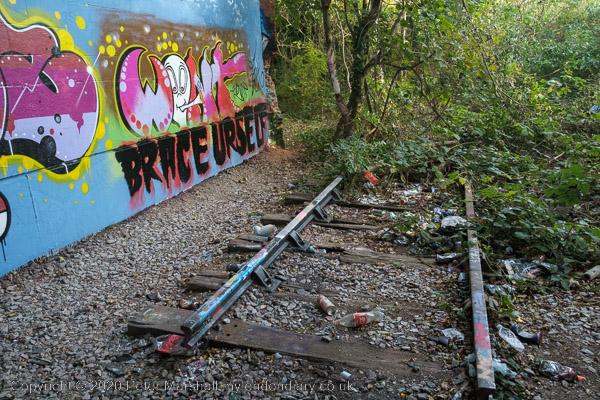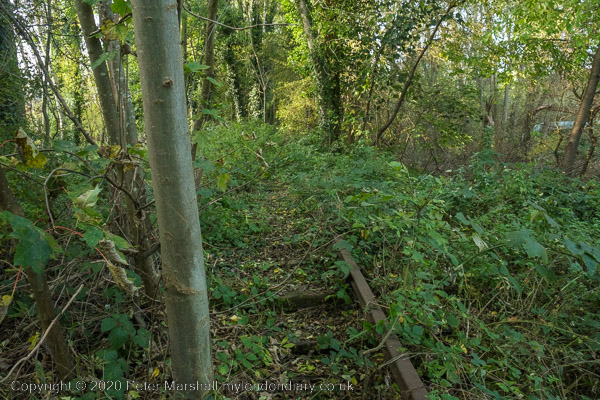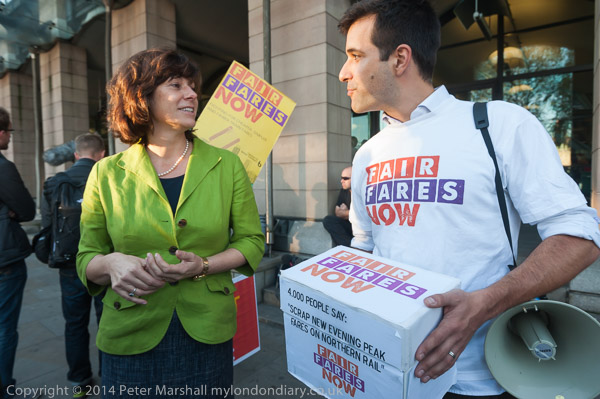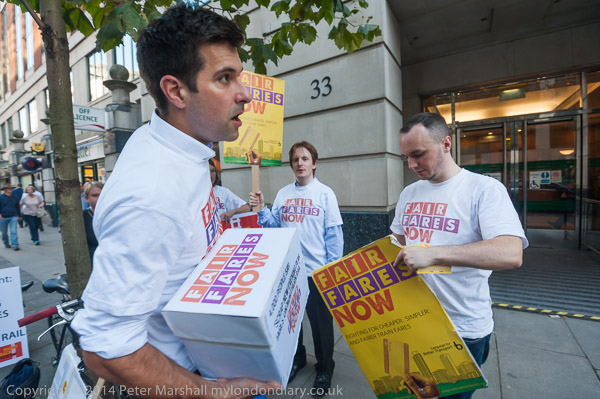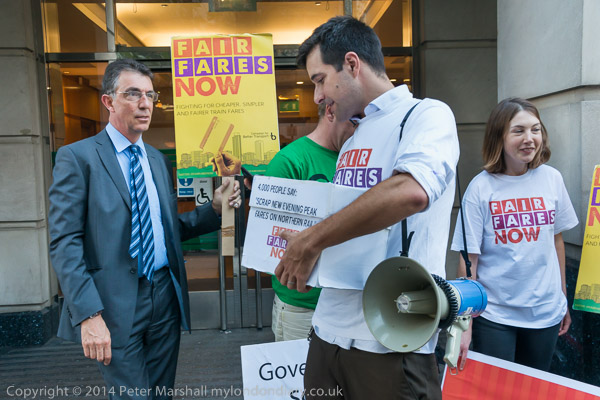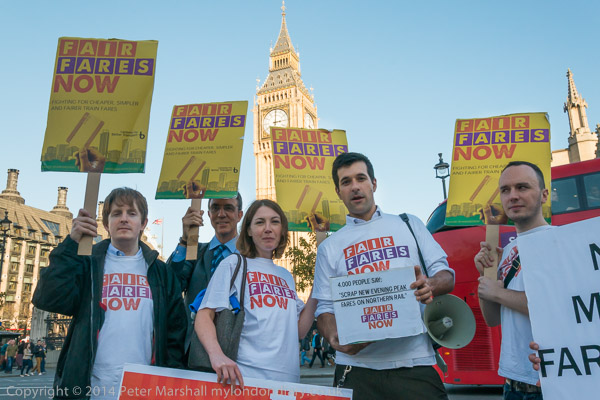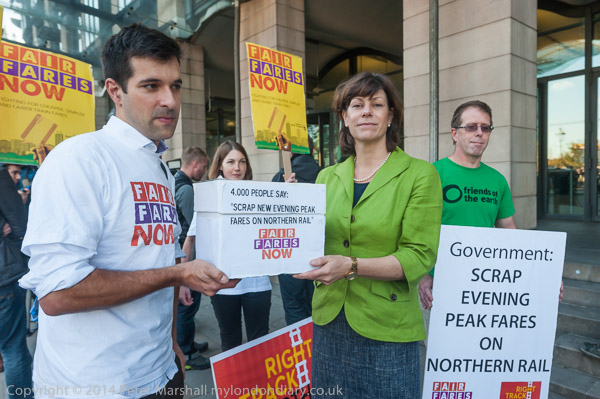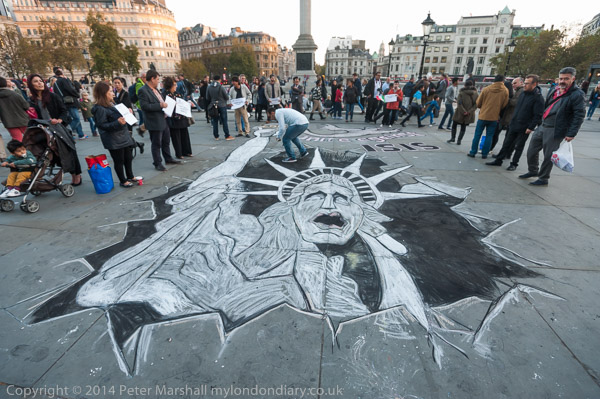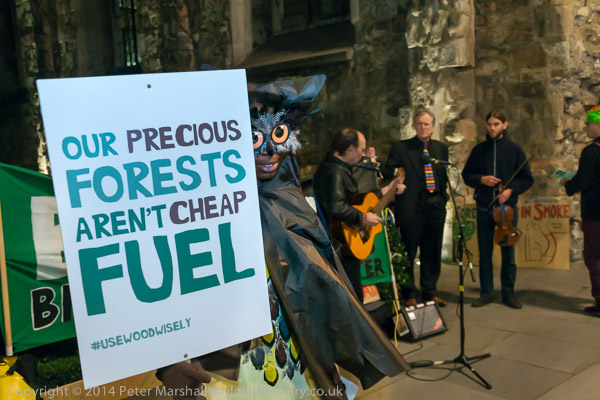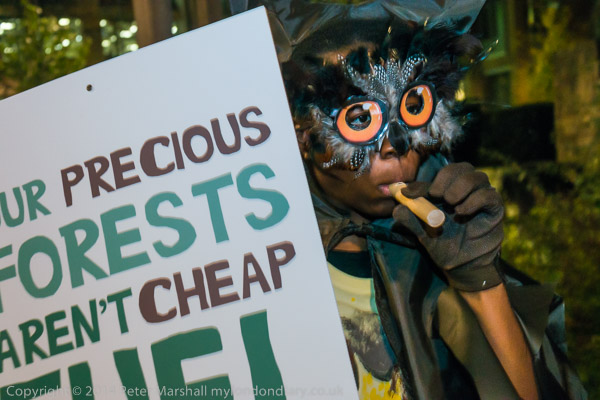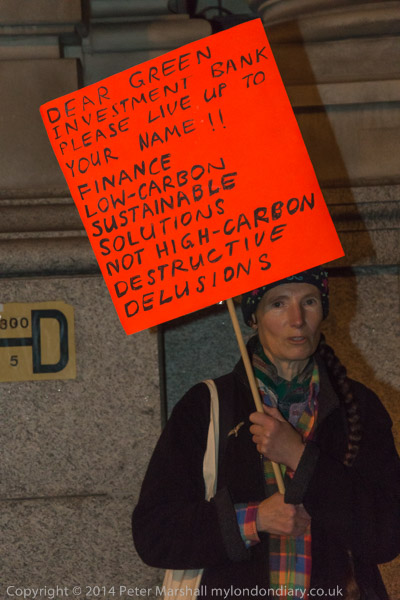Wednesday 24th April 2013 was a busy day for protests in Westminster. And there was one in the City.
Protest the Privatisation of NHS – Old Palace Yard
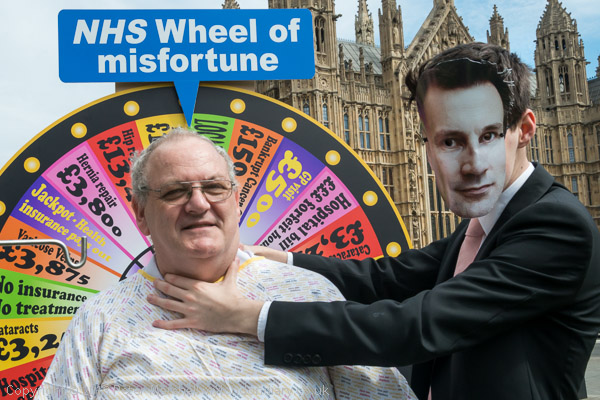
The House of Lords was debating NHS regulations which imposed full competitive tendering on the NHS, a key part in the escalating backdoor privatisation of the NHS.
Unite had set up a ‘Wheel of Fortune’ game show hosted by people wearing ‘David Cameron’ and ‘Jeremy Hunt’ masks and listing the likely costs of various procedures due to the tendering system. They feared “that the coalition’s NHS policies, including a multi billion pound funding squeeze coupled with a massive reorganisation, will destroy the 65 year old health service, paving the way for a new marketised system where paying up to £10,000 for maternity costs or £13,450 for a new hip is the norm.”
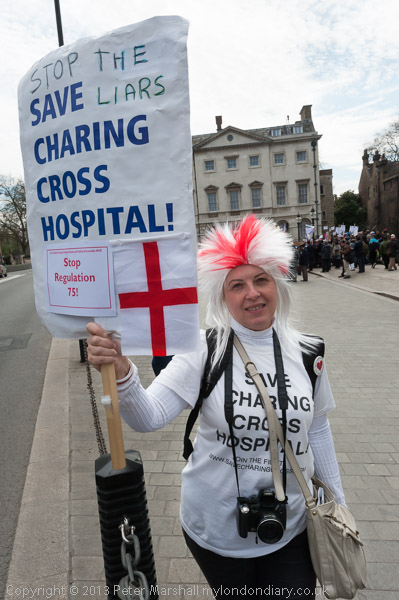
Unite said that already more than £20 billion of health costs go to private companies, who take their decisions on the basis of profit rather than the interests of patients. The Lords were debating a motion for the annulment of the regulations on the grounds that Parliament had been assured “that NHS commissioners would be free to commission services in the way they consider in the best interests of NHS patients“.
Protest the Privatisation of NHS
Bring Shaker Aamer Home – Parliament Square
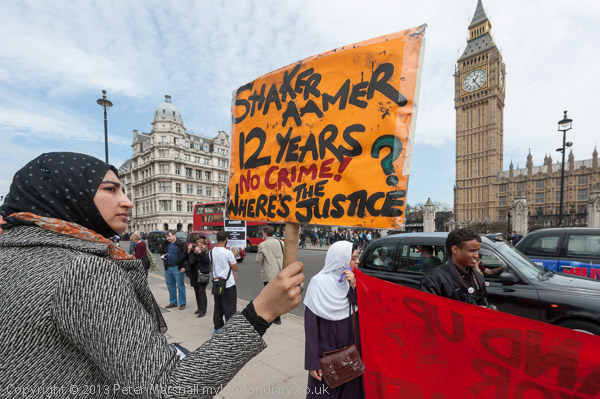
Following a petition with 117,387 signatures to bring Shaker Aamer home from Guantanamo, a debate had been held that morning by MPs in Westminster Hall, where most of the 17 MPs who spoke called for his release, including Shaker’s own MP, the Conservative MP for Battersea, Jane Ellison, who also came out to speak with the protesters.
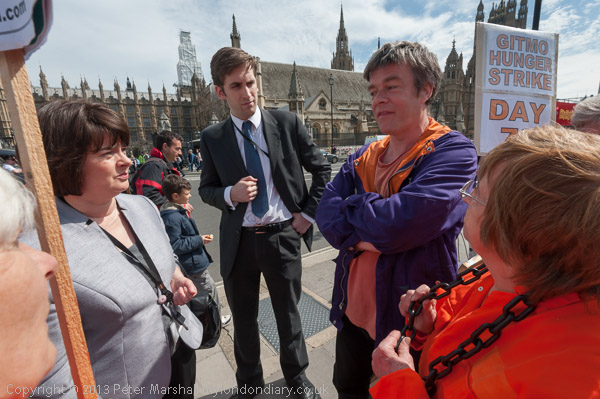
Unfortunately such debates, although they do increase pressure on the government to take action have no actual consequences. But perhaps it did help to persuade the government that it had to ignore the embarrassment of British agents at being complicit in his torture by the US and make clear to the US government he should at last be released after being held for 12 years, long after he had been cleared of any involvement in terrorism. As I noted, “The facts about torture are now largely public and totally indefensible and it is time for justice to be done.”
Drax Biomass Threat to our Planet – Princes St, CityDrax AGM, wpp
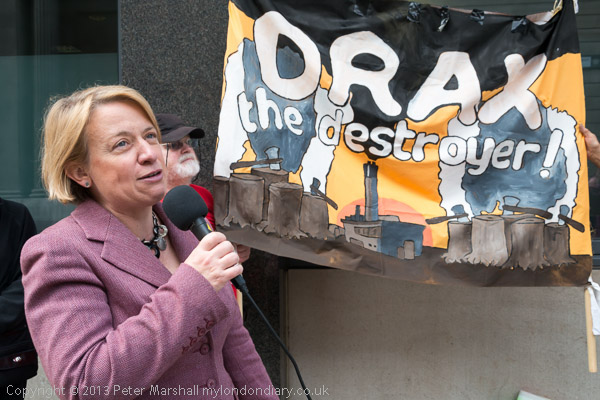
I had to take the tube to the City to attend a protest outside Gocer’s Hall where the AGM of Drax, the huge coal-burning power station near Selby in Yorkshire was being held. Drax was planning to convert half its capacity to bio-mass and become the largest biomass-burning power station in the world, using 1.5 times the total UK wood production per year.
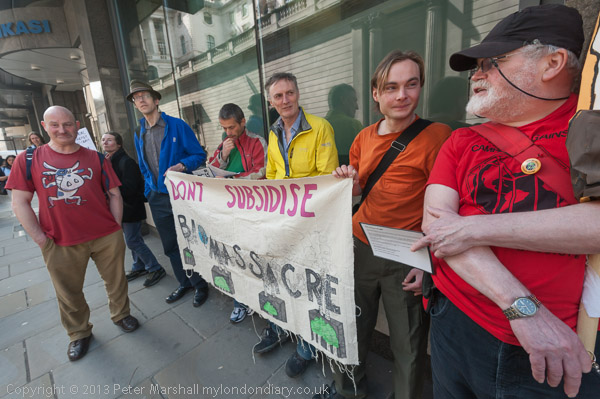
The wood pellets would come mainly from devastating clear-cutting of highly diverse forests in North America, and although re-grown will eventually remove the same amount of carbon this will take a hundred years or more – during which time the carbon Drax emits – roughly 50% greater than burning coal – will be contributing to disastrous global warming.
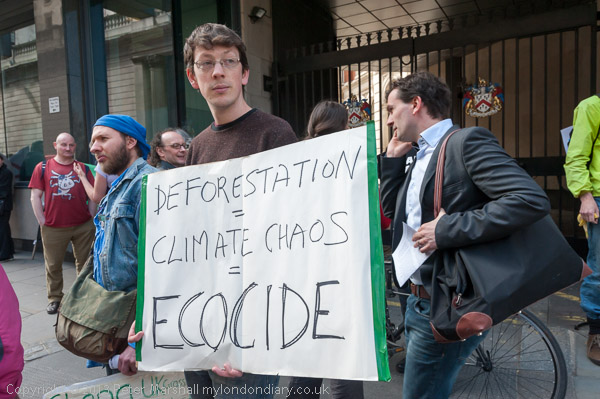
Drax already has a disastrous impact in South America were land is being grabbed from traditional communities for open cast coal mining, usually with complete disregard for their human and civil rights, cleared of its biodiverse forests and diverted from food production – often in places where food is desperately needed. Conversion to wood-burning at Drax will result in even more environmental and social destruction.
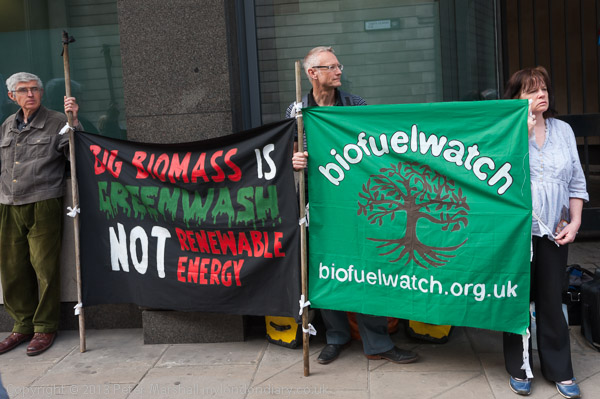
The incentive to change to wood-burning is that under current government policies Drax will receive huge government subsidies from funds intended to promote renewable energy, diverting funds from schemes for energy production and conservation that actually will help to combat climate change.
Drax Biomass Threat to our Planet
Gurkhas Call for equal treatment – Old Palace Yard
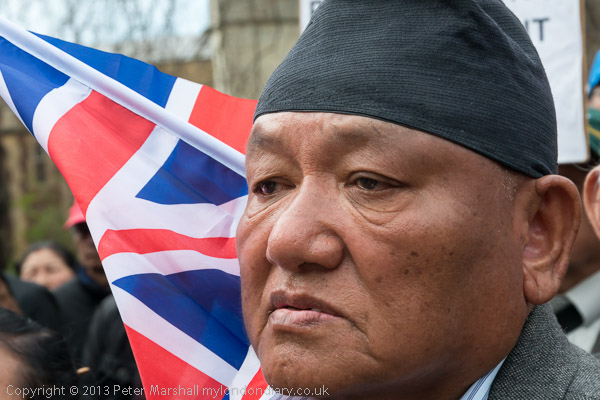
I returned to Westminster, where Several hundred Gurkha pensioners and supporters were holding a rally on the 198th anniversary of the first recruitment of Gurkhas into the British Army to deliver a petition to David Cameron asking for equal treatment to other British Army ex-soldiers.

British Army Gurkhas who retired before 1997 were granted the right to settle in the UK in 2009, but their pension remains only a fifth of that of other British soldiers, and is impossible to live on in the UK, being based on the cost of living in Nepal.
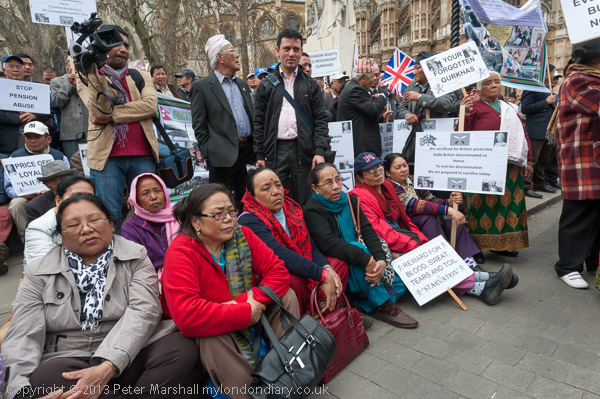
Gurkhas Call for equal treatment
UK herbalists Want Regulations – Old Palace Yard
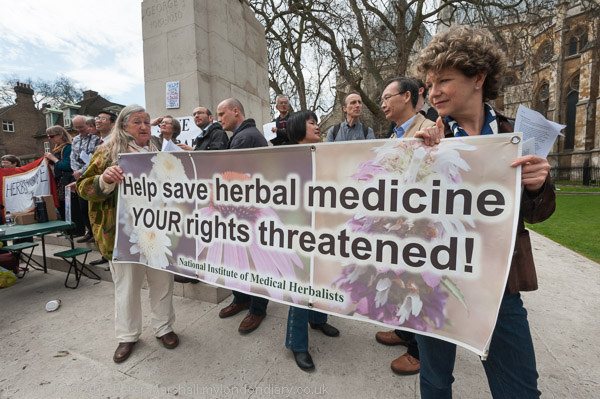
Also in Old Palace Yard were UK herbalists, both traditional and Chinese, protesting against the failure of the government to bring in the statutory regulations they had promised to do by 2012.
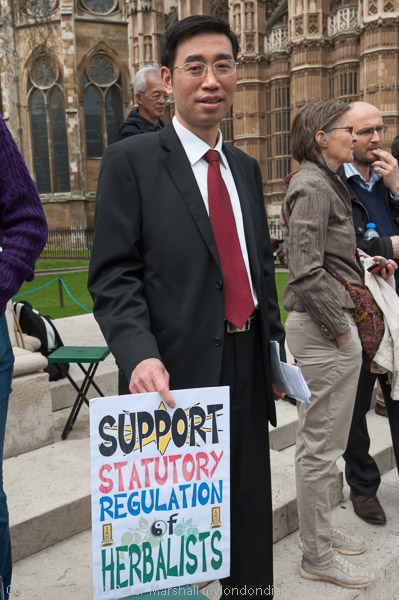
Under EU regulations from 2004, traditional remedies then in use could continue to be provided until 2011, but after that had to be covered by national policies to regulate their safety and effectiveness. Although the government had promised to set this up, it has so far failed to do so, and they are now unable to prescribe many commonly used and effective common herbal remedies.
UK herbalists Want Regulations
Get Britain Cycling Report Launch – Parliament Square
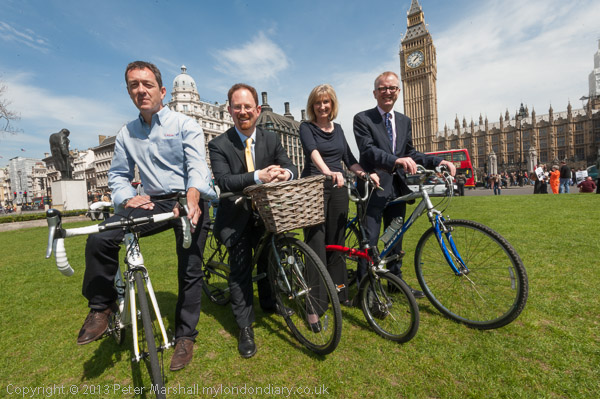
Finally, in Parliament Square, Christ Boardman, a gold medal cylist in the Barcelona Olympics posed with MPs from the All Party Parliamentary Cycling Group to launch their report ‘Get Britain Cycling.’
This calls for more to be spent on supporting cycling and that it should be considered in all planning decisions. They want more segregated cycle lanes and for the 30mp urban speed limit to by reduced to 20mph. Children should be taught to ride a bike at school and the government should produce and annually report on a cross-departmental Cycling Action Plan. Cycling has enormous advantages both individually and for us all in better health and reducing pollution with reduced health spending.
Get Britain Cycling Report Launch
